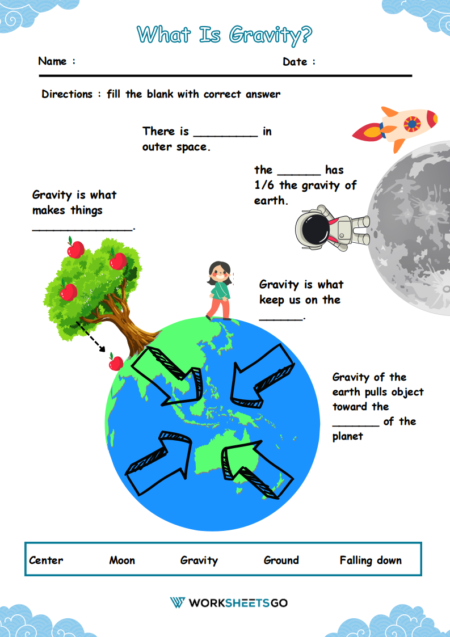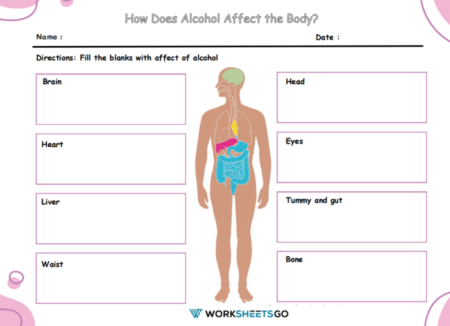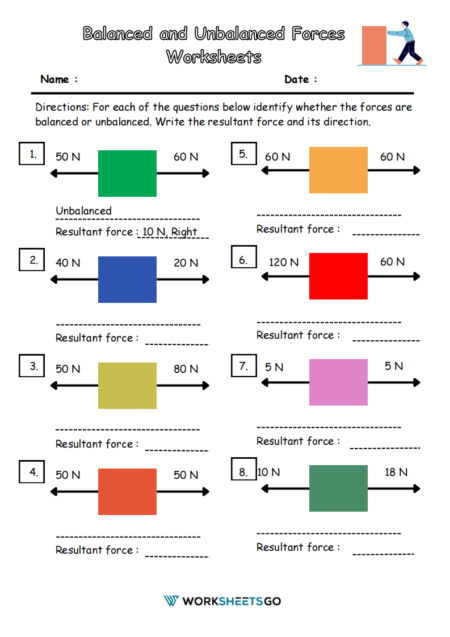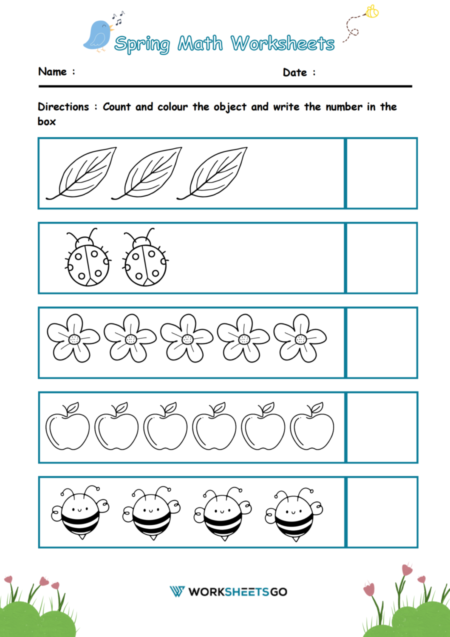Understanding the science behind the heat capacities of different materials is both fascinating and crucial for a variety of practical applications. Whether it’s to grasp why certain materials get hotter faster than others or to calculate energy requirements in specific reactions, the concept of specific heat is a fundamental principle in thermodynamics. Our latest worksheet, focused on “Specific Heat,” is a great resource for students, educators, or anyone interested in the basics of heat transfer!

Answer Key

What is Specific Heat?
Specific heat is defined as the amount of heat energy required to raise the temperature of one gram of a substance by one Celsius degree. It gives insight into how substances absorb and release energy. The formula for calculating heat energy is:
Q=m×c×ΔT
Where:
- Q is the heat energy.
- m represents the mass of the substance.
- c is the specific heat capacity.
- ΔT is the change in temperature, calculated as ΔT=(Tfinal−Tinitial).
Dive Into the Worksheet!
1. A 15.75-g piece of iron absorbs 1086.75 joules of heat energy. Can you calculate the specific heat capacity of the iron given its temperature change from 25°C to 175°C?
2. If you have 10.0 g of aluminum, how many joules of heat would you need to heat it from 22°C to 55°C, considering the specific heat of aluminum is 0.90 J/g°C?
3. If a 1500.0 g piece of wood takes in 67,500 joules of heat and its temperature shifts from 32°C to 57°C, what’s the wood’s specific heat capacity?
4. Consider 100.0 g of water at 4.0°C. How much heat energy is needed to raise its temperature to 37°C?
5. Lastly, with 25.0 g of mercury absorbing 455 joules to heat from 25°C to 155°C, can you deduce the specific heat capacity of mercury?
Why Learn About Specific Heat?
- Real-World Applications: From designing efficient heating systems to understanding natural processes, specific heat plays a role in a myriad of applications.
- Enhanced Scientific Understanding: Knowing how different substances interact with heat can deepen your appreciation for everyday phenomena.
- Critical Thinking Skills: These exercises challenge you to apply the formula, make correct substitutions, and derive meaningful conclusions.

Answer Key

The concept of specific heat is not just an abstract scientific principle but has tangible impacts on our daily lives. This worksheet offers a mix of theory and practical problems, ensuring a comprehensive grasp of the topic. Whether you’re a student, teacher, or a curious individual, our “Specific Heat Worksheet” is a valuable resource for mastering this essential thermodynamic concept. Dive in, and let the learning heat up!






